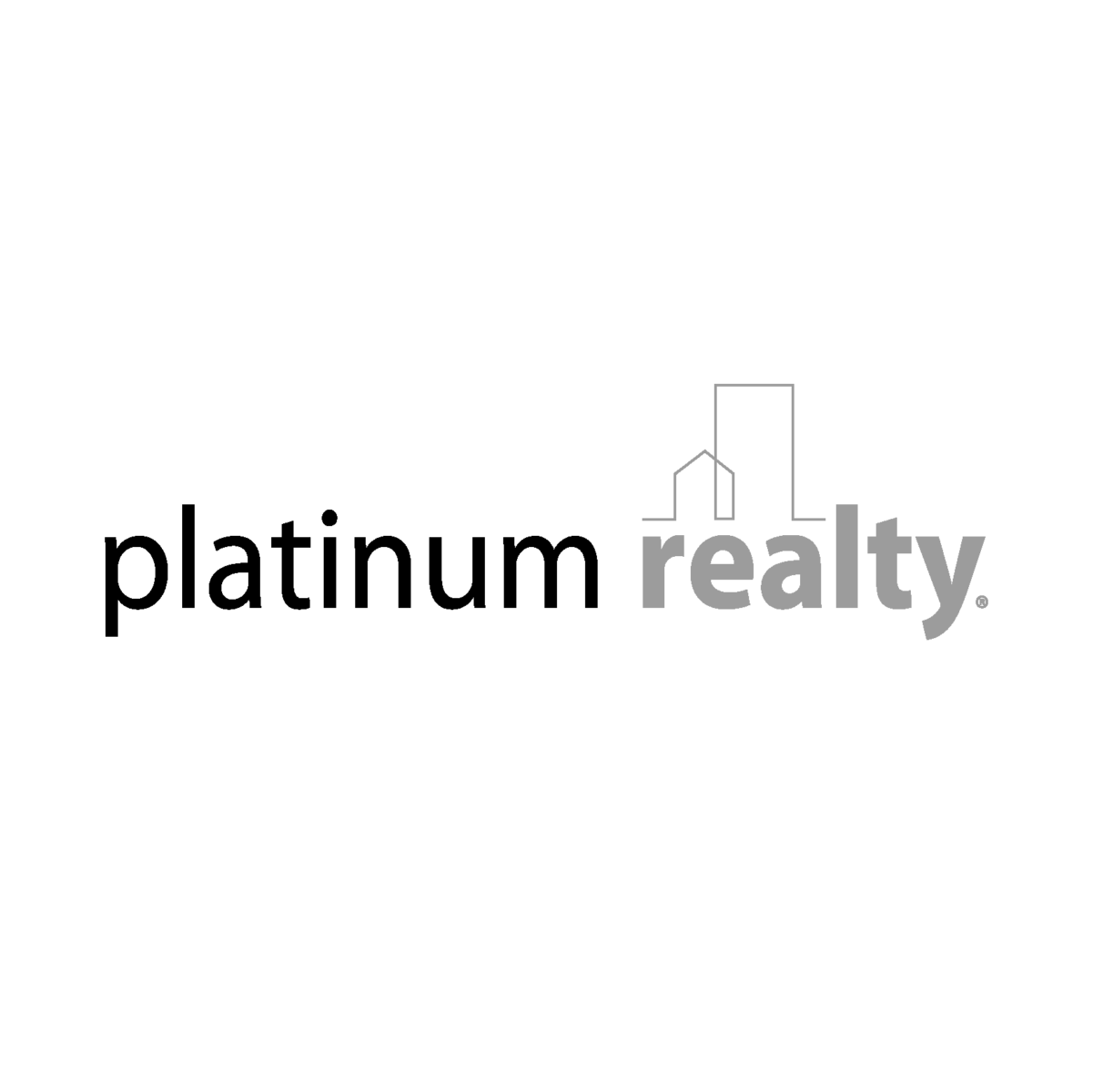
Many potential home buyers tend to shy away from conventional loans because they think the requirements are too tough. But the truth is conventional loans are more accessible than many people realize. In addition, conventional mortgages no longer require the 20% down payment that they once did. So let’s dig in and see if a conventional loan is right for you. Here’s everything you need to know about conventional loans when buying a house in Kansas City.
Conventional Loan Overview
Buying a house with a conventional loan simply means that you are using a mortgage that is not backed by the federal government. Conventional loans are also often known as conforming loans because “they follow lending guidelines set by Fannie Mae and Freddie Mac. The terms are often used interchangeably, although not all conventional loans are conforming loans.”
To qualify for a “conventional loan, you need to meet basic lending requirements set by Fannie Mae, Freddie Mac, and your individual lender.” Fannie Mae and Freddie Mac set the qualifying and minimum loan requirements, but “lenders can set their own stricter rules, too. For instance, you can technically get a conventional loan with just 3% down according to Fannie and Freddie’s guidelines. But some lenders require 5 percent. Lenders might also have higher standards for credit score or debt-to-income ratio.”
It pays, then, to shop lenders if you are “on the borderline of qualifying for a conventional mortgage. If you get denied at first, try with a few other lenders to see whether one will approve your mortgage application.”
Qualifying Requirements
When it comes to qualifying for a conventional loan for buying a house in Kansas City, here’s what you will be looking at . . .
Credit Score
Typically, you’ll need a credit score of at least 620. But keep in mind that “a better credit score leads to lower interest rates and lower PMI costs. Borrowers with credit scores over 720 generally get the lowest conventional mortgage rates.”
Down Payment
“One common misconception is that buyers need 20% down to purchase a home. However, standard conventional loans require just 5% down. And select conventional loan programs let you buy with only a 3% down payment.”
With programs like Fannie Mae’s HomeReady and Freddie Mac’s Possible loan, you can buy a home with as little as 3% down. In addition, these programs offer reduced rates for private mortgage insurance (PMI), which makes them ideal of first-time buyers.
But if you don’t use one of these programs, you’ll have to pay at least 5% down. You will also have to pay for PMI at full rates.
Income/Employment
To qualify for a conventional loan, you will have to prove at least two years of stable and consistent income “with the same employer or within the same field. Many types of income can help you qualify,” including bonuses, commission, and contract/gig work.
“Lenders will also “include other sources of income for qualifying purposes, too, such as retirement income, alimony, child support, and Social Security payment.” Just make sure you have the appropriate documentation to prove such income.
Debt-to-Income Ratio
“Mortgage lenders look at your income in comparison to your existing debt load when approving your home loan. Debt-to-income ratio (DTI) refers to the percentage of your gross monthly income that goes toward monthly debt payments (including the future mortgage payment).
“For a conventional loan, lenders prefer a DTI ratio under 36 percent. However, DTIs up to 43% are commonly allowed. And you may even qualify with a DTI as high as 45-50% if you have ‘compensating factors.’ These could include a high credit score or large cash reserves in the bank.”
Conventional Loan Limits
For a conventional conforming mortgage, “your loan limit must fall within local loan limits set by the Federal Housing Finance Agency (FHFA).” These limits change from year to year, and they are usually higher in areas with very high property values.
Property Requirements
In addition to these personal requirements, buying a house with a conventional loan also entails meeting certain property requirements., for example . . .
- It must be a single-family home or multi-unit home with no more than four units.
- It must be your primary residence and not a commercial property.
- The house must be structurally sound.
- There can be no claims against the property.
- An appraisal is required.
To find out whether a house you’re considering qualifies, you can contact a Kansas City agent to find out more. Just call (913) 708-1185 to consult an agent.
Final Points on Conventional Loans
Here are a couple of final points to keep in mind about buying a house with a conventional loan . . .
It’s not as difficult to qualify as many buyers think. Remember, this is all you need: a minimum credit score of 620, two consecutive years of stable employment/income, a down payment of 3-5%, and a DTI below 43% (usually).
It may take longer than you think, so apply early. “The mortgage process for a conventional loan can take, on average, between 30 and 45 days. Once you submit a full mortgage application, the loan files go through processing and underwriting, during which time the lender reviews all your financial documentation in detail.”
Lean on Your Kansas City Agent’s Expertise
Is a conventional loan the best financial avenue for you to buy a house? The answer depends largely on whether both you and the property meet the qualifying criteria. You know if you do, and a good Kansas City can help you determine whether the property does. To make the best decision when buying a house in Kansas City, contact us today at (913) 708-1185.

